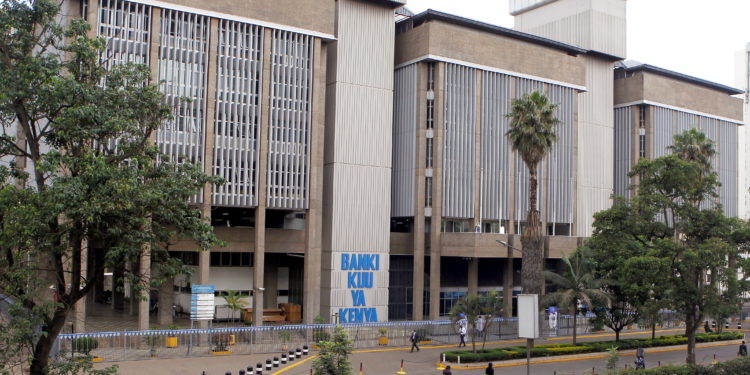The European Investment Bank (EIB) and the Central Bank of Kenya have launched a two-year climate finance initiative with the aim of bolstering Kenyan financial institutions’ involvement in climate finance.
The program seeks to develop a blueprint for mobilizing climate finance by addressing barriers hindering the participation of commercial banks. Additionally, it will assist the Central Bank of Kenya in integrating climate risk into the country’s regulatory framework and establishing a green taxonomy to support environmentally aligned investments in accordance with the Paris Climate Agreement. Through this initiative, the Greening Financial Systems program aims to equip Kenyan banks with best practices in climate finance, facilitating new funding for green projects and effectively evaluating, monitoring, and reporting climate-related risks.
EIB Vice President Thomas Östros emphasized the importance of understanding impediments obstructing green financing in Kenya. He highlighted the significance of scaling up climate finance, crucial for fueling the green transition and mitigating climate change impacts. Östros acknowledged challenges such as the scarcity of long-term funding for green investments and the perceived risk in climate financing, stressing the necessity of overcoming these hurdles. He added, “This new technical best practice partnership with the Central Bank of Kenya builds on the European Investment Bank’s long-standing partnership with Kenyan financial institutions to increase the impact of climate finance and unlock investment that better protects infrastructure and business from climate change.”
“The Central Bank of Kenya is committed to the greening of the Kenyan financial sector,” stated Dr. Kamau Thugge, Governor of the Central Bank of Kenya. Highlighting the issuance of guidance on Climate-Related Risk Management to commercial banks in 2021, Dr. Thugge outlined the strides made by banks in implementing this guidance while acknowledging the need for further progress.
The EIB’s Finance in Africa Report 2023 underscores the mounting significance of climate risks in banks’ balance sheets, prompting a re-evaluation of risk appraisal processes. Notably, 59 percent of African banks have a climate change strategy, with an additional 22 percent planning to introduce one. This shift signifies banks’ heightened efforts to offer an expanded array of green finance products, moving beyond mere risk mitigation.
Over the last decade, the EIB, the world’s largest international public bank and a major climate financier, has played a pivotal role in enhancing the technical skills of over 40,000 African financial professionals in climate finance. Moreover, it has injected more than EUR 534 million (KES 88 billion) into Kenya’s private sector in the last five years, partnering with local businesses, banks, and microfinance institutions.


















